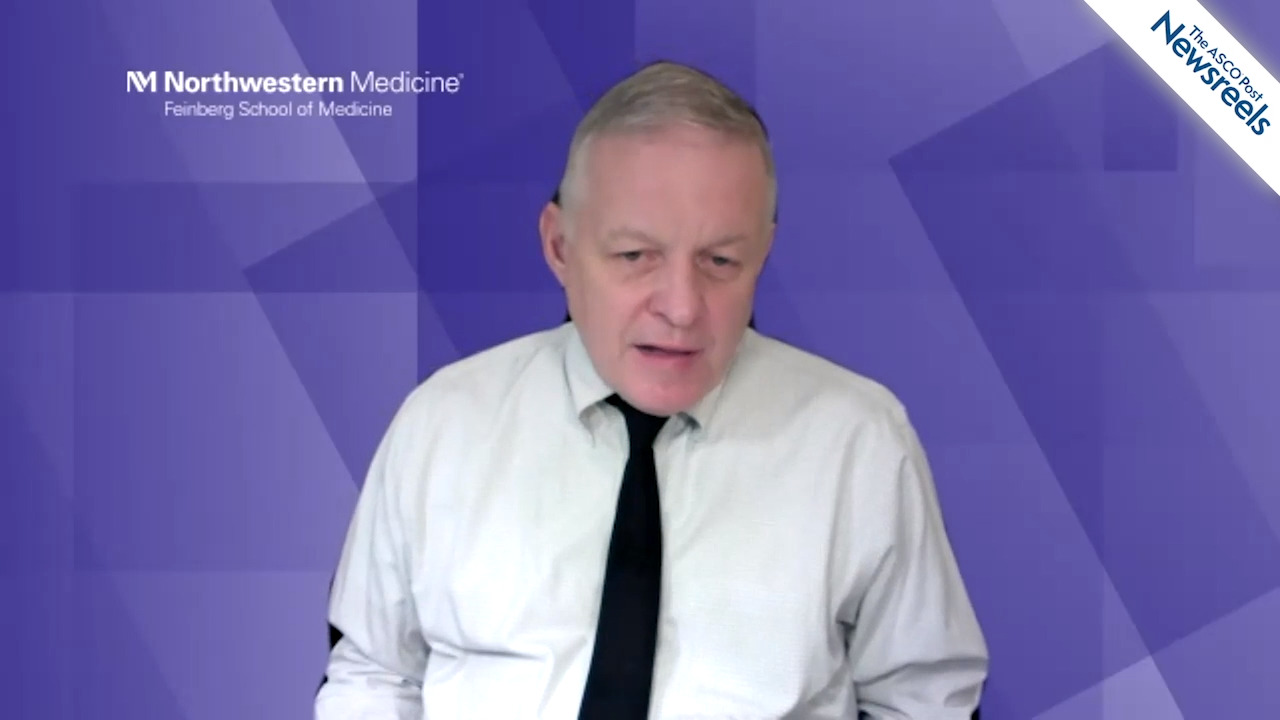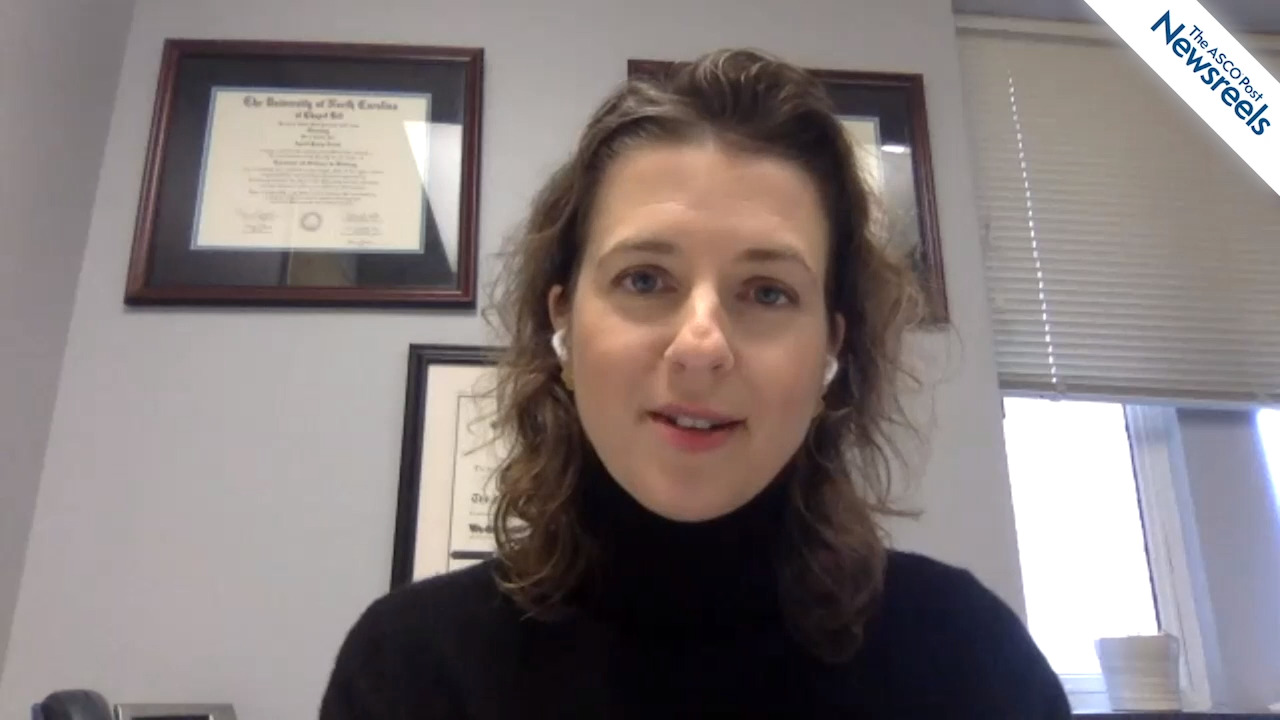Shivan J. Mehta, MD, MBA, on Preventing and Controlling HPV-Associated Cancers
NCCN 2021 Virtual Annual Conference
Shivan J. Mehta, MD, MBA, of Abramson Cancer Center at the University of Pennsylvania, discusses how insights from behavioral economics could be harnessed to improve HPV vaccination rates, thus lowering the rate of cervical, genital, and head/neck cancers, all of which are linked to HPV.
The ASCO Post Staff
Crystal S. Denlinger, MD, of Fox Chase Cancer Center, and Mary F. Mulcahy, MD, of the Robert H. Lurie Comprehensive Cancer Center of Northwestern University, discuss biomarkers for determining treatment; immune checkpoint inhibitors; when to employ such treatments as platinum/fluoropyrimidine and fam-trastuzumab deruxtecan-nxki; and other second- or later-line therapies such as paclitaxel, ramucirumab, irinotecan-based regimens, and trifluridine/tipiracil.
The ASCO Post Staff
Shaji K. Kumar, MD, of the Mayo Clinic Cancer Center, discusses the latest data on treating patients with multiple myeloma, including standard-of-care induction before stem cell transplant; the role of quadruplet induction; long-term results with the combination of daratumumab, lenalidomide, and dexamethasone in those who are ineligible for stem cell transplant; CAR T-cell engagers; and the need for more research on how immunotherapy fits in the sequence of treatments.
The ASCO Post Staff
Arlene O. Siefker-Radtke, MD, of The University of Texas MD Anderson Cancer Center, discusses the changing therapeutic landscape in which atezolizumab, avelumab, and pembrolizumab have either been approved or are under review for treating urothelial bladder cancer in the metastatic, superficial, and adjuvant settings.
The ASCO Post Staff
William J. Gradishar, MD, of Robert H. Lurie Comprehensive Cancer Center of Northwestern University, discusses the latest recommendations from the National Comprehensive Cancer Network for treating patients with triple-negative breast cancer; data on early-stage and advanced disease; and the role of checkpoint inhibitors, antibody-drug conjugates, and PARP inhibitors.
The ASCO Post Staff
April K. Salama, MD, of Duke Cancer Institute, discusses the shift in recent years, as more effective therapies have become available, toward integrating systemic upfront treatment of patients with brain metastases from cutaneous melanoma; pivotal studies that have provided key data; and the need for a multidisciplinary approach incorporating medical, surgical, and radiation oncology.





